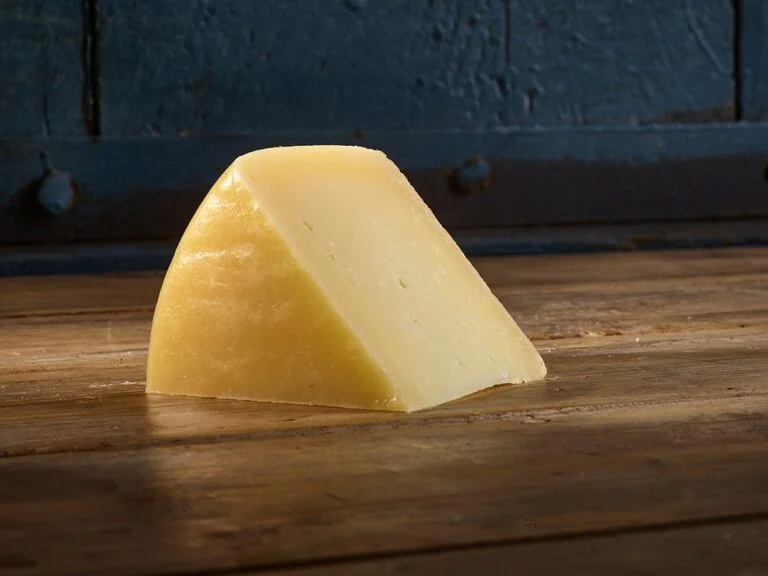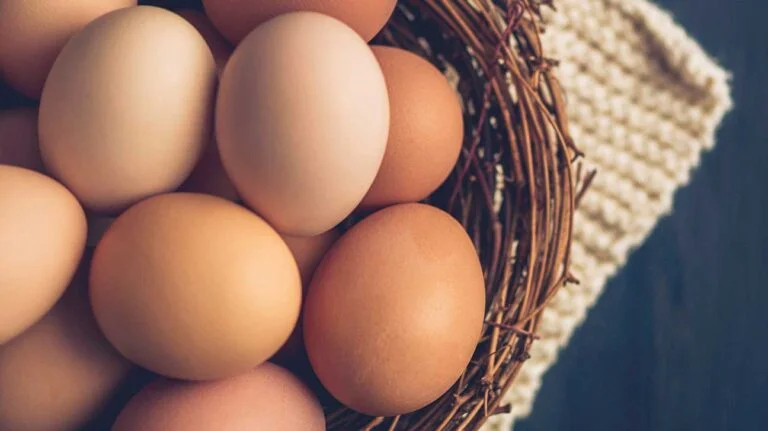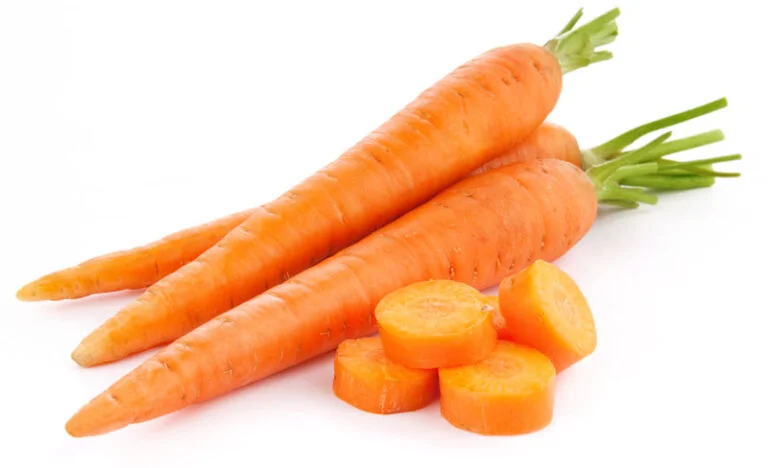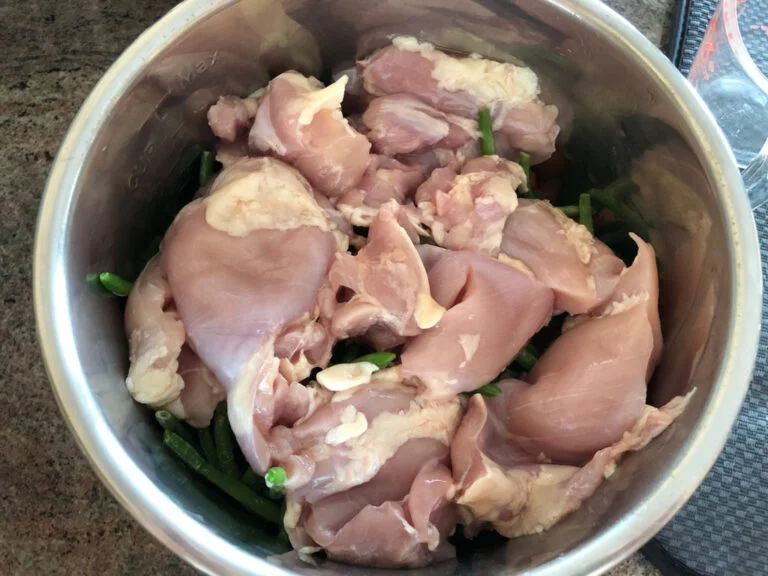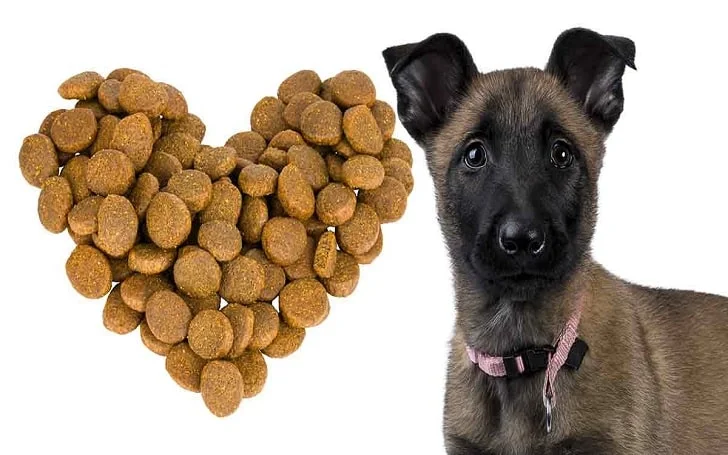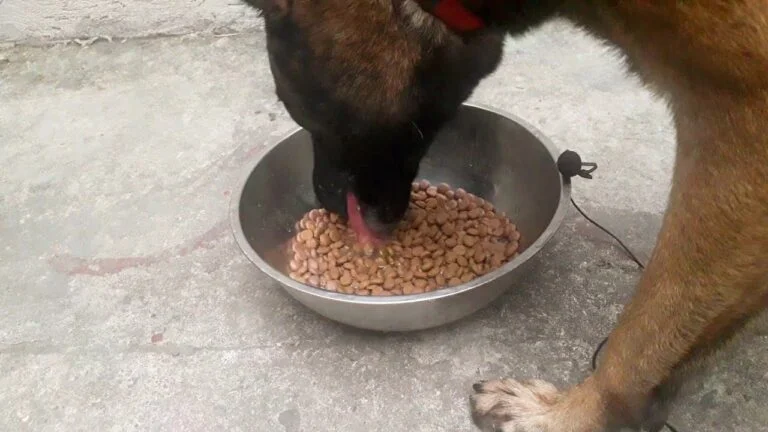Can Belgian Malinois Eat Grapes
Making educated food decisions for your Belgian Malinois is essential to ensuring their wellbeing and safety. “Can Belgian Malinois eat grapes?” is one of the frequent worries that pet owners have. In this in-depth investigation, we will examine the possible dangers associated with feeding grapes to your dog. To further support your beloved pet’s optimum health, we’ll look into professional advice and offer substitute food suggestions.
The Grape Dilemma: An Analytical Look at Belgian Malinois Owners
Given their famed intelligence and agility, Belgian Malinois have nutritional needs that must be carefully balanced. But every conscientious pet owner should be aware of the potential risk that grapes present in their diet.
Breaking Down the Dangers of Grapes for Belgian Malinois
Dogs may be toxically exposed to grapes and raisins, since there have been reports of serious health problems, including renal failure. The fact that the precise chemical causing this toxicity is still unknown emphasizes the importance of exercising caution.
- Renal Failure: Acute renal failure in dogs has been linked to grape consumption, which can cause symptoms like lethargy, vomiting, and appetite loss.
- Variable Sensitivity: Dogs’ responses to grapes can differ greatly; some may not suffer any negative consequences, while others may. The problem of grape poisoning is made more complex by this unpredictability.
Expert Views on Grapes and Canine Well-Being
Obtaining insights from veterinarians and specialists in pet nutrition is essential for conscientious pet ownership. Their combined knowledge clarified any possible risks related to giving grapes to dogs.
Expert Suggestions and Points to Remember
- All veterinarians strongly advise against feeding grapes to dogs because of the unpredictable hazardous reaction and the lack of a well-defined safe consumption threshold.
- Professional Opinion: Dr. Canine Health strongly discourages giving grapes to dogs since they may cause serious health problems, especially kidney failure.
- To reduce any potential for toxicity, the Vet Nutrition Alliance advises a dog’s diet to strictly avoid any type of grape or raisins.
Answers to Common Questions (FAQs)
- Are all grape varieties edible to Belgian Malinois?
No, all varieties of grapes—red, green, or black—may be harmful to Belgian Malinois health. - What signs of grape poisoning do dogs exhibit?
Loss of appetite, vomiting, fatigue, and stomach pain are possible symptoms. It is imperative to get emergency veterinarian assistance if any of these symptoms are noticed. - Are there safe grape substitutes that Belgian Malinois can eat?
Indeed, a number of dog-friendly fruits can be provided as wholesome and safe substitutes for grapes, including apples, blueberries, and strawberries. - Is it OK to periodically give a small amount of grapes?
Because grape toxicity is uncertain, experts strongly warn against feeding any amount of grapes to dogs. Small amounts can still be dangerous.
Investigating Safe Dietary Substitutes and Ideal Canine Nutrition
- Macarons: A Crisp and Secure Snack
Apples are a healthy and secure substitute for grapes. Before giving your Belgian Malinois little, bite-sized portions, make sure to remove the seeds and core. - Antioxidants-Packed Blueberries
Blueberries are a great way to add antioxidants to your dog’s diet. For a cool treat, they can be served frozen or fresh. - Sweet and Vitamin-Rich Strawberries
A tasty and nutrient-dense option are strawberries. Remove the green tips and offer them in moderation as a pleasant treat.
In summary
In conclusion, it is essential for responsible pet ownership to know the answer to the question, “Can Belgian Malinois eat grapes?” The possible dangers of grapes, especially the possibility of renal failure, highlight the need for caution. Your Belgian Malinois will have a nutritious and satisfying diet if you choose safe, alternative, and nutritionally balanced foods. Keeping ourselves updated about possible dietary risks is essential for us as committed pet owners to give our beloved animal companions the best care possible.


